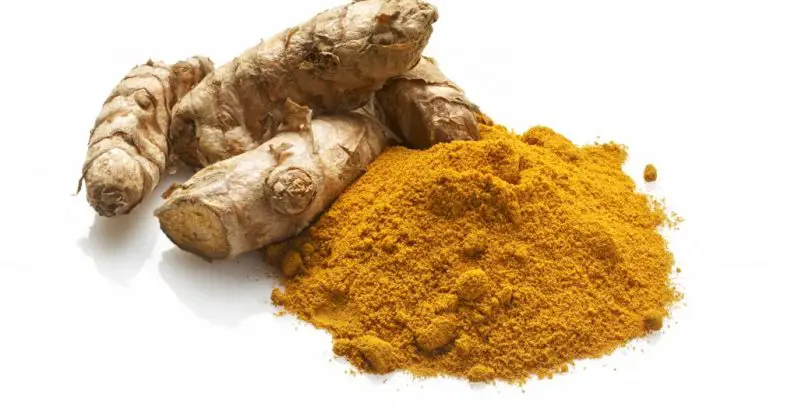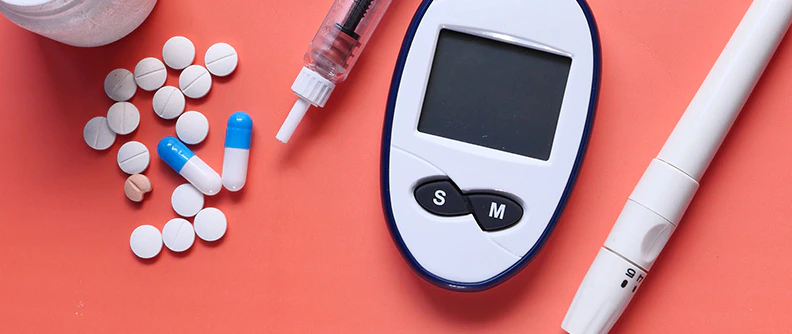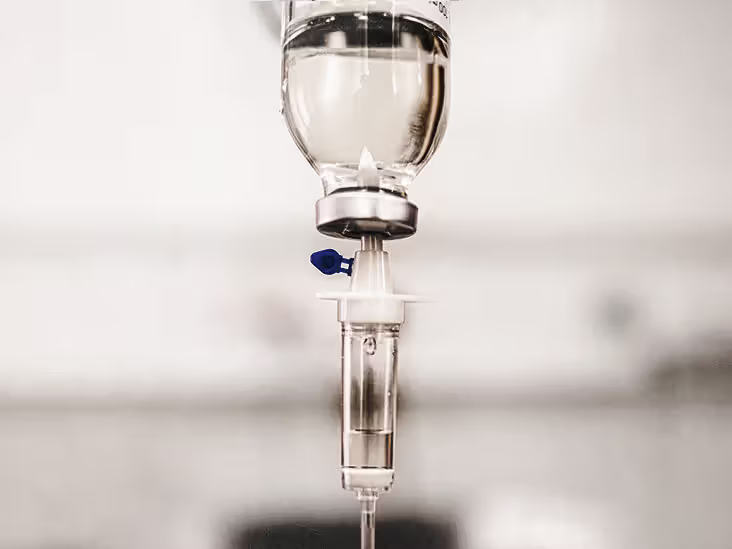Turmeric is often seen as a natural cure-all, praised for its anti-inflammatory, antioxidant, and healing properties. Made from the root of the turmeric plant, this golden spice has been used for nearly 4,000 years in Indian cooking, medicine, and ceremonies. Most of turmeric’s health benefits come from an active compound called curcumin, which has been shown to provide relief from inflammation, reduce oxidative stress, and even lower blood clot formation. However, the same properties that make turmeric beneficial can also pose serious risks, especially when combined with certain medications.
Turmeric’s Potential Side Effects

Despite its many benefits, turmeric can produce harmful side effects when taken with specific medications. While turmeric is natural, that doesn’t make it entirely harmless. Here’s how turmeric’s powerful properties can lead to complications:
- Anti-thrombotic effects: Turmeric can reduce blood clotting, which can cause dangerous interactions with blood thinners.
- Increased stomach acid production: When combined with acid-reducing medications, turmeric may actually raise stomach acid levels, leading to discomfort.
- Blood sugar reduction: Turmeric’s ability to lower blood sugar can enhance the effects of diabetes medications, risking dangerously low blood sugar levels.
Let’s take a closer look at the medications that don’t mix well with turmeric.
Turmeric and Blood Thinners: A Dangerous Combination
Turmeric’s anti-thrombotic property helps reduce blood clots, making it useful for those seeking natural alternatives to treat blood clotting disorders. But if you’re already taking blood-thinning medications, adding turmeric to your regimen can increase the risk of excessive bleeding. The combination can be particularly dangerous because turmeric enhances the effects of these medications, raising the likelihood of internal bleeding.
Common blood thinners that should not be mixed with turmeric include:
- Warfarin (Coumadin)
- Clopidogrel (Plavix)
- Aspirin
If you’re on any of these medications, it’s best to consult with your healthcare provider before consuming turmeric, even in small doses.
Acid-Reducing Medications and Turmeric: Heightened Stomach Acid Levels
While turmeric is often used to support digestive health, it can backfire if taken alongside acid-reducing drugs. The issue arises because turmeric stimulates stomach acid production, which can counteract the effects of these medications. This can lead to symptoms like nausea, bloating, stomach pain, and even esophageal damage over time.
There are two classes of acid-reducing drugs that can interact negatively with turmeric:
- Proton Pump Inhibitors (PPIs): These medications block the production of stomach acid but can be ineffective if turmeric is also stimulating acid production. Common PPIs include:
- Omeprazole (Prilosec)
- Esomeprazole (Nexium)
- Lansoprazole (Prevacid)
- Pantoprazole (Protonix)
- Dexlansoprazole (Dexilant)
- H2 Blockers: These drugs block histamine receptors that trigger acid production in the stomach. However, turmeric’s stimulating effects can make them less effective, leading to increased acid levels. Popular H2 blockers include:
- Famotidine (Pepcid)
- Ranitidine (Zantac)
- Cimetidine (Tagamet)
- Nizatidine (Axid)
To avoid potential side effects, it’s wise to separate turmeric consumption from your acid-reducing medication and to consult a doctor for tailored advice.
Turmeric and Diabetes Medications: Risk of Low Blood Sugar

Turmeric is known for its blood sugar-lowering effects, making it popular among those managing diabetes naturally. However, when combined with diabetes medications, turmeric can dangerously amplify the effects, leading to hypoglycemia—a condition where blood sugar levels drop too low. Symptoms can include shakiness, confusion, blurred vision, and even loss of consciousness in severe cases.
Common diabetes medications that may interact with turmeric include:
- Insulin
- Metformin
- Glipizide
- Glyburide
If you’re using diabetes medications, it’s important to monitor blood sugar levels closely if you choose to consume turmeric. Always consult your doctor before making dietary changes that involve turmeric.
Potential Allergic Reactions to Turmeric
Despite being a natural spice, turmeric can trigger allergic reactions in some people. These reactions may range from mild symptoms like hives or rashes to more severe responses, such as shortness of breath or anaphylaxis. If you experience any allergic symptoms while using turmeric—whether as a spice or supplement—it’s crucial to discontinue use immediately and consult a healthcare professional.
Individual Variations in Drug Interactions

It’s essential to understand that the effects of turmeric vary from person to person, based on individual chemical makeup, dosage, and the type of medication. While the list of potential interactions is extensive, it’s not exhaustive. Each individual may experience different side effects, making it vital to listen to your body and adjust turmeric intake as needed.
Final Word: Consult Your Doctor Before Adding Turmeric to Your Routine

While turmeric can offer numerous health benefits, it’s crucial to be aware of its potential interactions with medications. Never assume that natural means safe—especially when it comes to combining turmeric with prescription drugs.
Before adding turmeric to your routine, especially if you’re on medication, consult your doctor. They can help you determine the right dosage and timing, ensuring you reap the benefits of turmeric without risking harmful side effects.
Conclusion: Turmeric’s Benefits and Risks
Turmeric is a powerful spice with well-documented benefits. However, it’s also a potent supplement that can interact with certain medications in unpredictable ways. Understanding these potential interactions is key to safely incorporating turmeric into your health regimen. Always prioritize professional medical advice and proceed with caution, ensuring that your pursuit of natural remedies doesn’t compromise your overall well-being.


